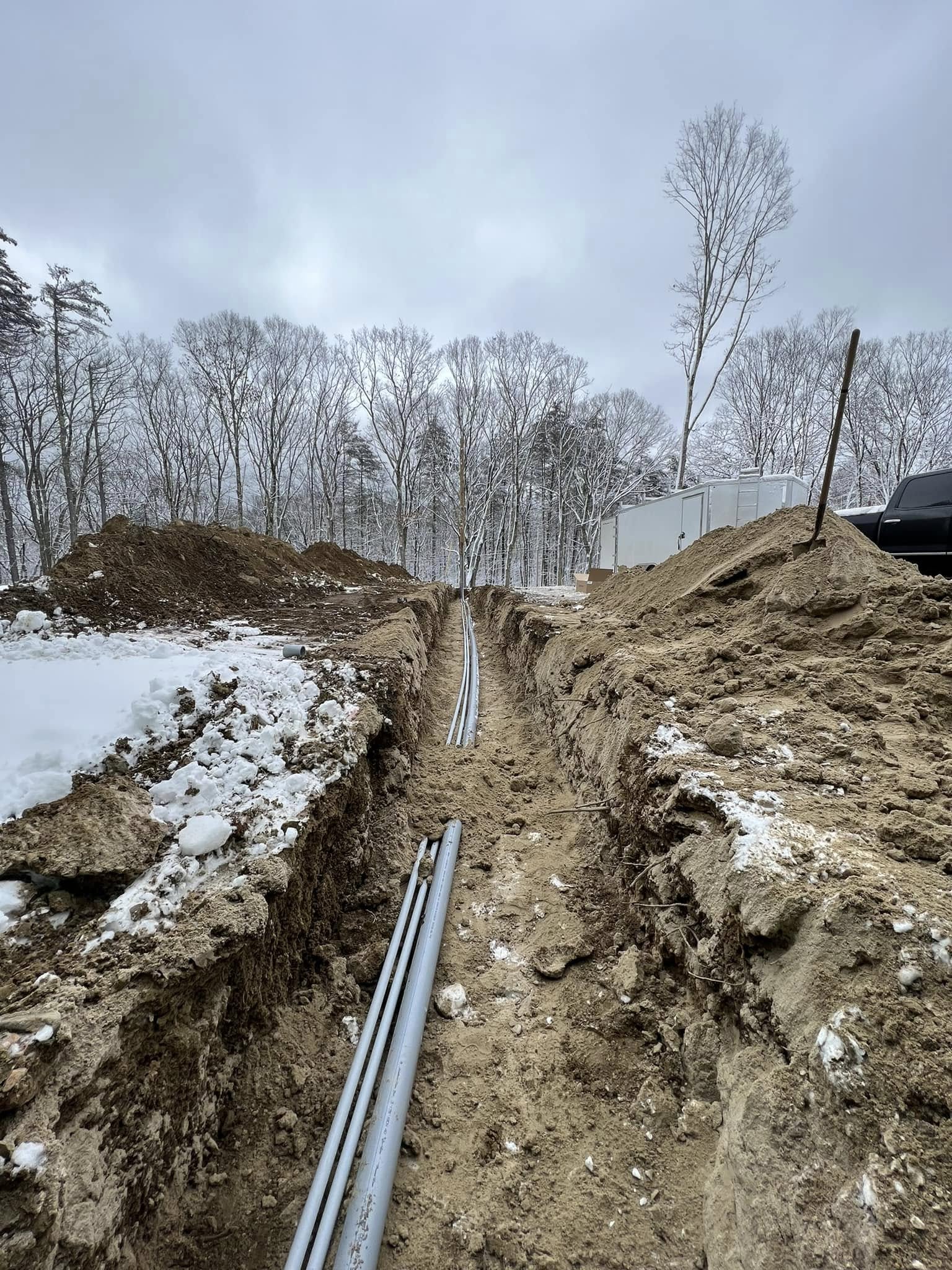
Understanding Circuit Breaker Functions: Expert Insights by Shane M. Field Electrician Oct 03, 2025
A circuit breaker is essentially a safety device in your home’s electrical system. Its main role is to interrupt current flow after a fault is detected, preventing potential electrical fires and damage to appliances. Whenever there is an overload of electricity or a short circuit, the circuit breaker trips. This action cuts off the electricity flow, thereby protecting your home and devices from potentially severe damage.
One of the fundamental functions of a circuit breaker is to handle overloads. Household circuits are designed to handle a specific amount of electricity. If you plug in appliances that exceed this threshold simultaneously, you create an overload. A circuit breaker senses this excess current and interrupts the flow, preventing overheating and reducing the risk of fire.
Short circuits pose another danger, often occurring when exposed wires touch due to damaged insulation. This creates a direct path for the electricity to travel through, generating heat. Circuit breakers act swiftly in these scenarios, stopping the flow of electricity almost instantly, thereby averting possible hazards.
Moreover, circuit breakers provide ground fault protection. In moist environments like bathrooms and kitchens, ground fault circuit interrupters (GFCIs) come into play. They monitor the balance between incoming and outgoing current. If even a tiny imbalance is detected, they cut off the electrical flow, minimizing the risk of electric shock.
The importance of home circuit breaker inspection cannot be overstated. Regular inspections can prevent malfunctioning breakers from failing exactly when needed. At Shane M. Field Electrician, we recommend periodic checks by professionals who can detect worn components, scorching, or burning odors from your breaker panel. These checks help maintain safety standards and ensure that your circuit breakers operate effectively.
Occasionally, you might experience a tripped circuit breaker, an interruption in power supply indicating that your circuit breaker has acted to prevent a problem. When this occurs, it’s crucial to identify and rectify the cause. Begin by unplugging devices from the affected circuit and resetting the breaker. If the breaker trips repeatedly, it could signify deeper electrical issues requiring professional assessment.
Upgrading to modern circuit breakers can also enhance household safety. Advanced options, such as arc-fault circuit interrupters (AFCIs), offer heightened protection by detecting and responding to arcing conditions that traditional breakers might miss. Discuss your options with one of our technicians to determine whether an upgrade could benefit your home's electrical system.
In conclusion, gaining a solid understanding of your circuit breaker's function is invaluable for every homeowner. Circuit breakers not only protect your property from potential electrical hazards but also ensure peace of mind, knowing your home is safeguarded from dangers associated with electrical faults. Should you encounter any circuit breaker issues or require an upgrade, Shane M. Field Electrician is ready to provide expert assistance and reliable solutions. Remember, safety begins with knowledge and the right tools to act when needed.
/filters:no_upscale()/media/592e9ed0-bedc-4a6f-8436-e64f38884f42.jpeg)
/filters:no_upscale()/filters:format(webp)/media/3c373a51-ee1e-4783-ae22-b5cff5903c7e.jpeg)